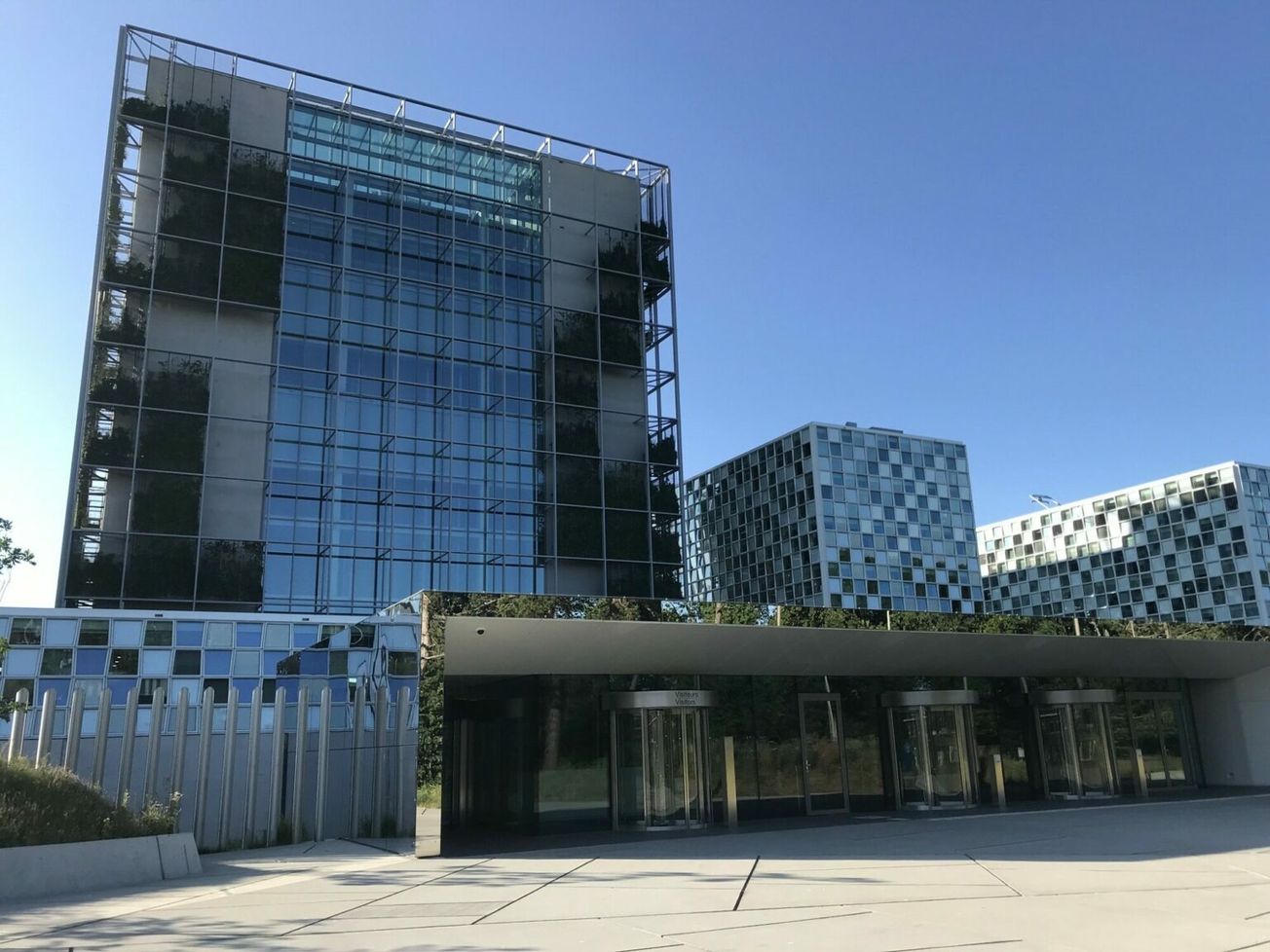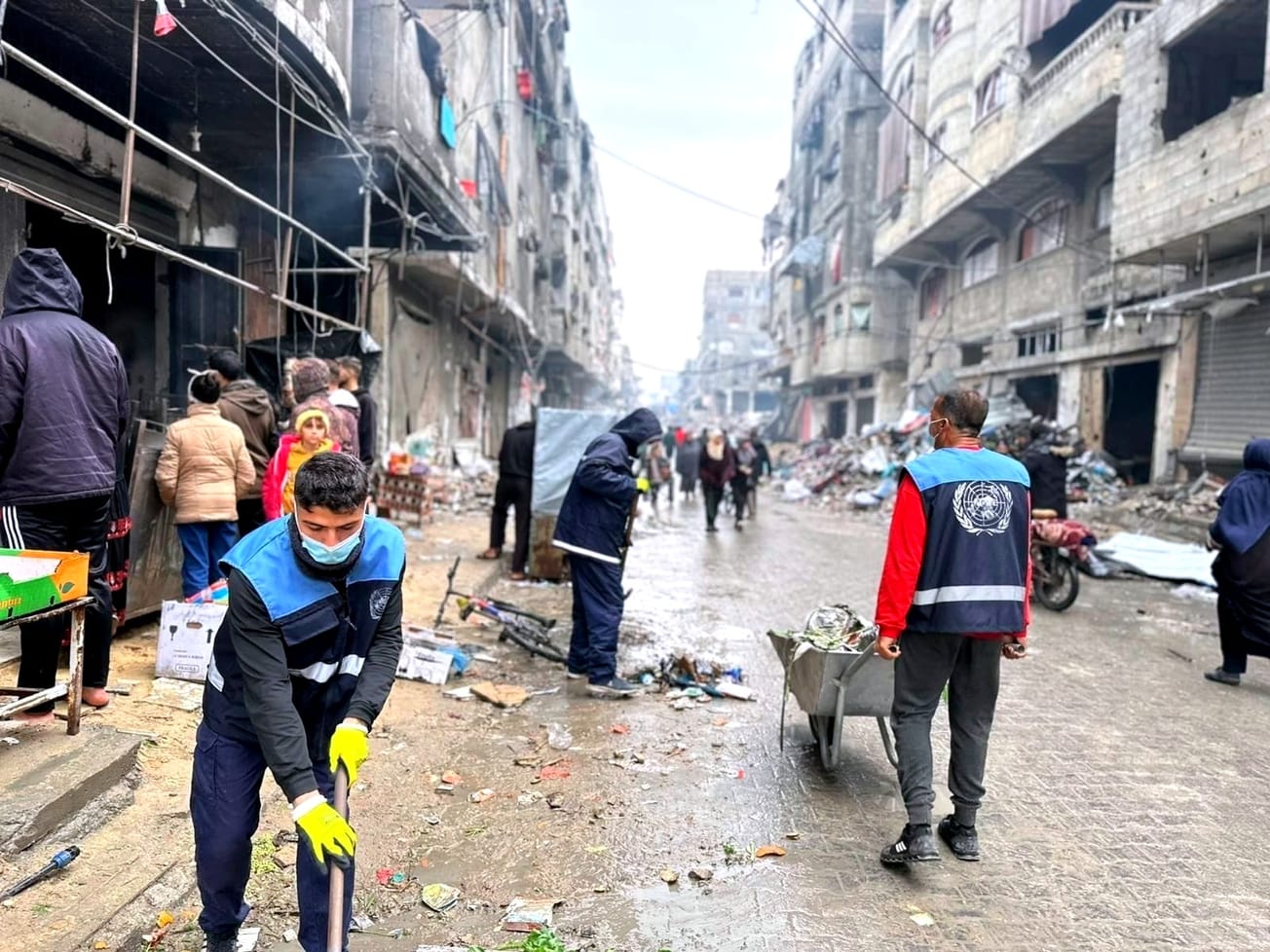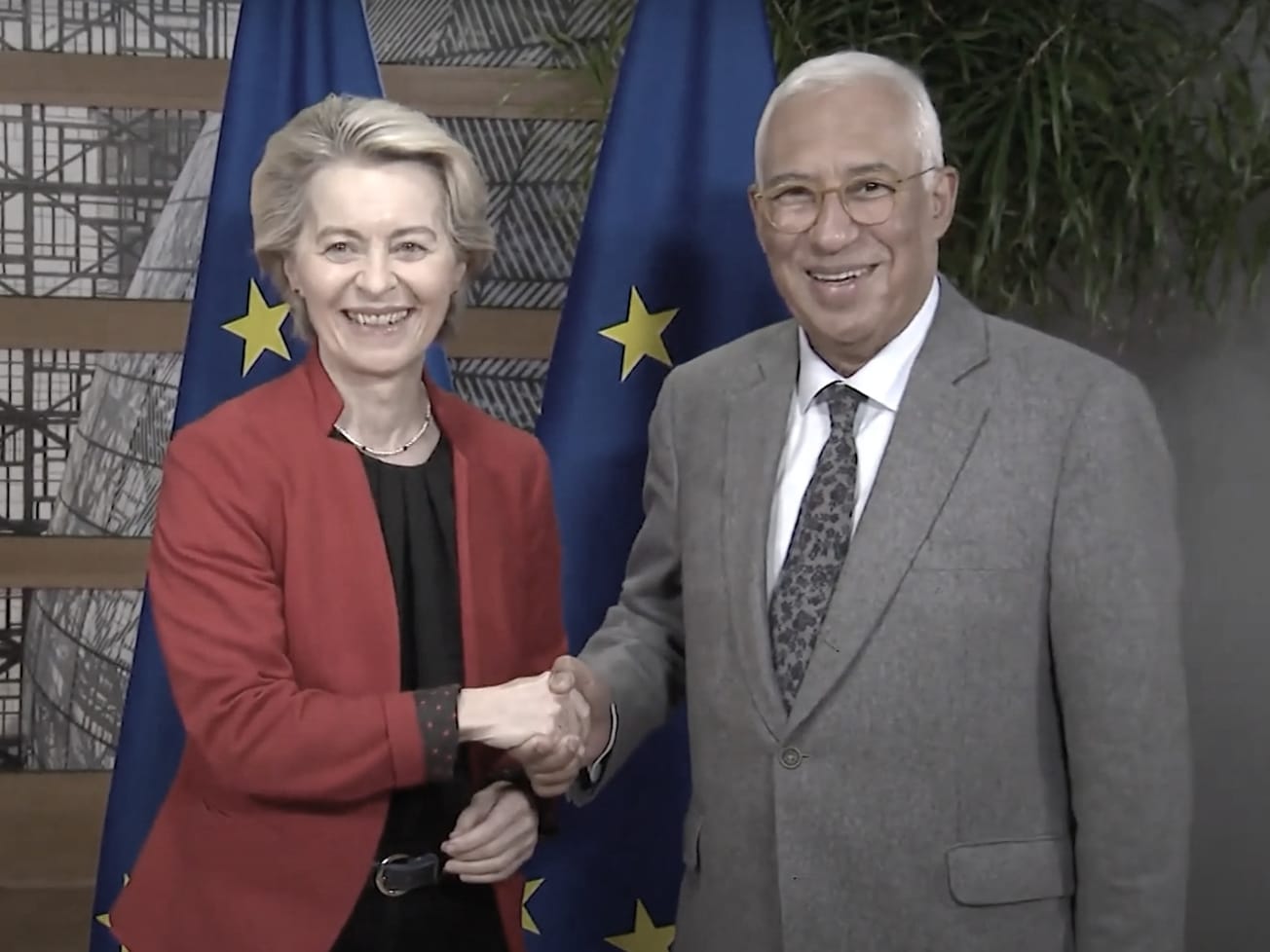The world's first permanent war crimes tribunal won strong support on Tuesday from 67 nations opposed to U.S. President Donald Trump's sanctions against court staff to block investigation of alleged war crimes in Afghanistan.
The International Criminal Court, which is not part of the United Nations system, can prosecute the most heinous crimes under international law: crimes against humanity, genocide, war crimes and aggression. It has 123 member nations that accept its jurisdiction. It was created to step in as a last resort, when nations are unwilling or unable to dispense justice themselves.









